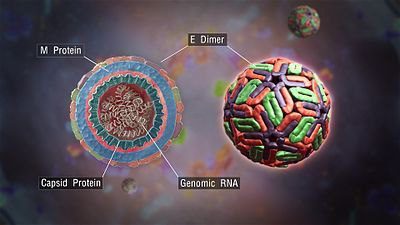Nigeria, a neighbouring country to Cameroon is currently contending with an outbreak of the Dengue Virus.
The Nigerian government, through the Nigerian Centre for Disease Control (NCDC) and Prevention, has officially confirmed the presence of dengue fever in Sokoto, a state within the country.
In a recent release, the NCDC said Nigeria has reported at least 71 suspected cases, with 13 cases confirmed, and fortunately, zero fatalities have been recorded in the affected state. The cases are distributed across three local government areas: Sokoto South (60 cases), Wamako (three cases), and Dange Shuni (one case).
The health institution’s public release highlights that a substantial number of the 71 suspected cases fall within the age range of 21–40 years.
Earlier this December, reports surfaced about the Dengue Virus gaining momentum in Mali, causing over 20 deaths and posing a renewed threat to the West African nation.
Mosquitoes transmit the viral infection known as dengue fever, which frequently has flu-like symptoms. The onset of symptoms typically occurs between 3 and 14 days after the infection.
In severe instances, Dengue can lead to joint pain, swollen glands, bleeding, and even death. While there is no specific treatment currently available, the World Health Organization (WHO) recommends two vaccines for countries experiencing frequent outbreaks.
It’s worth noting that Dengue has evolved into a global issue since the Second World War, affecting over 120 countries, primarily in Southeast Asia, South Asia, and South America.
To curb the spread of the disease, residents in affected areas are advised to wear clothing that covers as much of the body as possible, utilise mosquito nets, preferably treated with insect repellent, install window screens, and use mosquito repellents, among other preventive measures.



